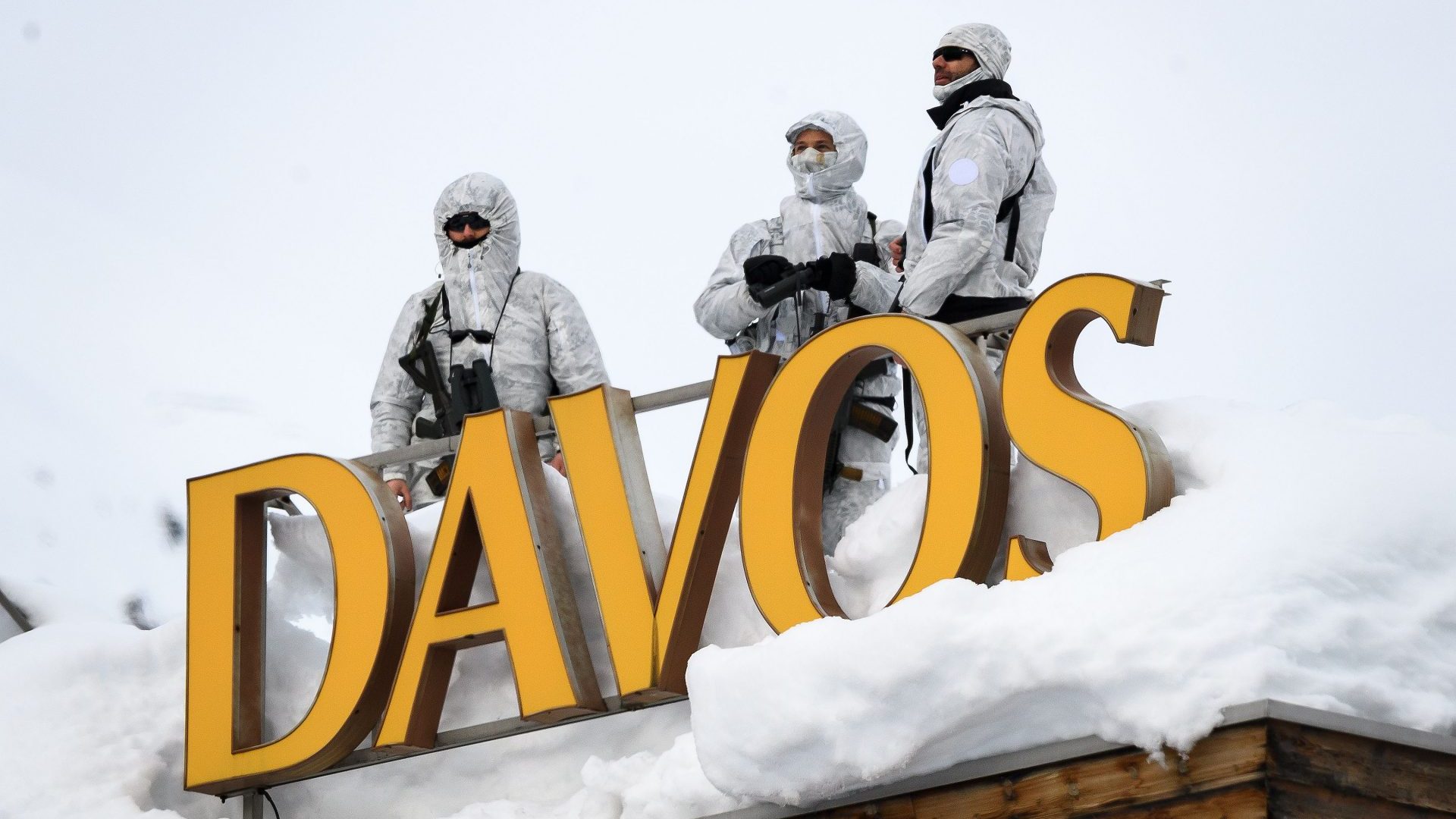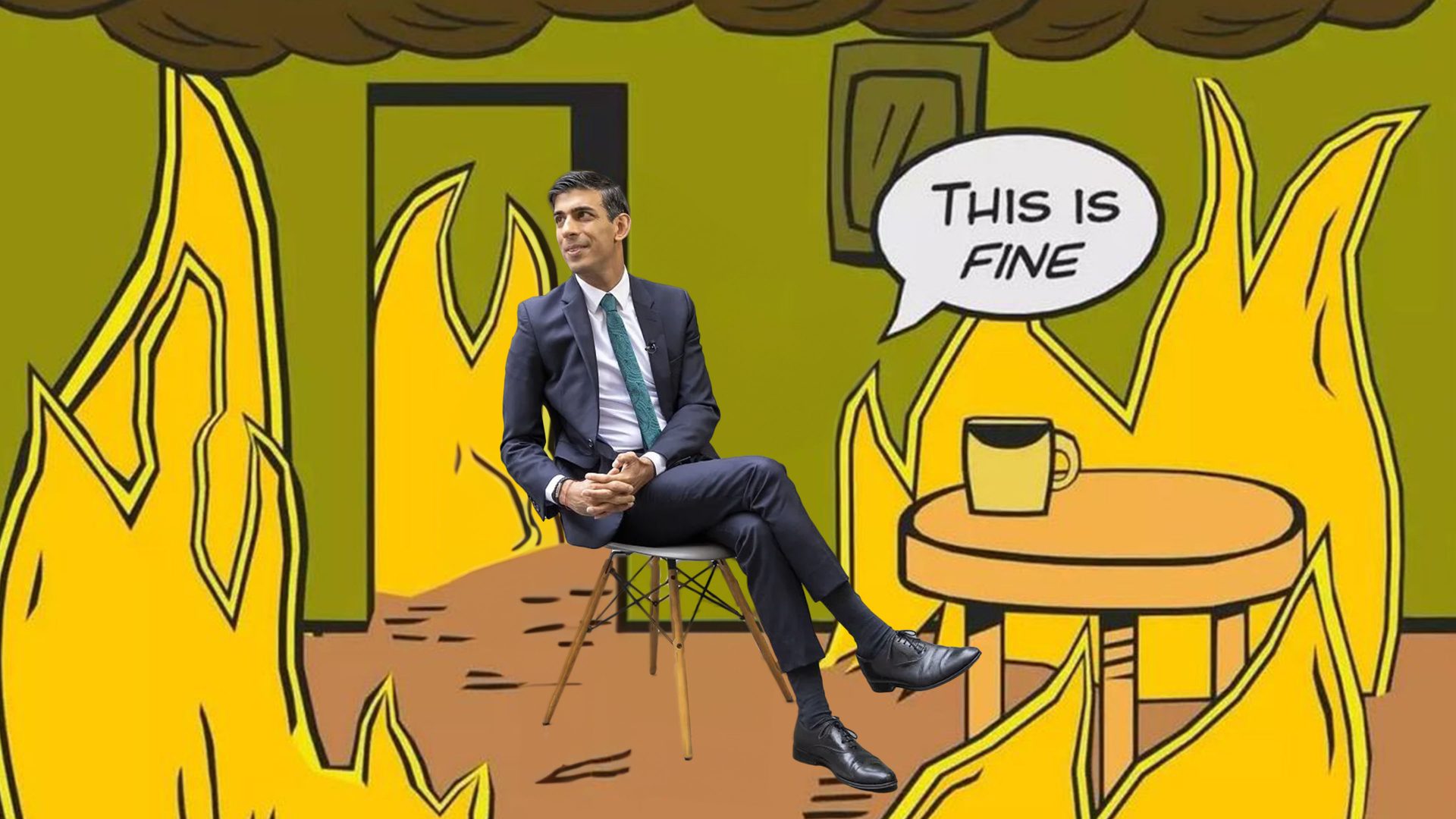Every fortnight or so, almost like clockwork, I get a post or whatever it is that we do on Elon Musk’s hellspace, taunting me with the following or something like it:
“You must be upset that either Kemi Badenoch or James Cleverly could be prime minister!” They used to mention Priti Patel back in the day.
I suppose the assumption being that somehow a person of colour on the right is some sort of anomaly, or something to fear, or something even to try to quash.
I come from a family of people, some of whom support the far reaches of the NRA, the gun-toting National Rifle Association, even though we are all descended from folks chased by the KKK, back when we couldn’t own firearms.
I wouldn’t be surprised if some of my family even support Donald Trump.
Maybe it is because I write fiction and drama that I am more fascinated by the people of African descent who stand behind “Don the Con” with big placards that read “Blacks For Trump” rather than those with “Blacks For Bernie” or “Blacks For Bobby (Kennedy Jr)” or Cornel West signs.
Anomalies, maybe. Out of the box.
For example: it would be a pleasure to see the Rt Honourable Olukemi Olufunto Adegoke Badenoch as leader of the opposition, staring across the floor of the Commons at Keir Starmer. It would be good for Starmer too, to have her standing there.
In this age in which we are all driven into silos where we are urged to perform variations of selves or variations on the self, where there is no place for ambiguity or complexity, contradiction or just plain being wrong, a black woman on the right is a kind of monstrosity. Or maybe worse.
Nimarata Nikki Randhawa, now Haley, former governor of South Carolina and now candidate for president on the Republican ticket, made a faux pas the other day on the campaign trail. A big one.
She was asked why the civil war was fought. I don’t know what she answered exactly, but she neglected to say that it was fought over the question, ultimately, of slavery and whether a state had the right to secede from the union in disagreement over the stance of the federal government in the matter. Which was anti.
Since the civil war began on April 12 1861, when Confederate forces fired on Fort Sumter – in the harbour at Charleston, South Carolina, by the way – her fluffing this was not good. To say the least. And to make this faux pas especially in New Hampshire, which fielded a huge force in proportion to its population, to fight in the South. New Hampshire also supported Lincoln’s Emancipation Proclamation freeing the enslaved, both a moral measure and a war measure.
Governor Haley tried to clean things up quickly by saying that of course she knew that the civil war was fought over slavery; she was born and grew up in South Carolina; had plenty of black friends there.
She also pointed out that she, when governor, had ordered the confederate flag to be taken away from the state house following the massacre of several celebrated African American elders in a landmark black church. They were gunned down by a white supremacist following a prayer service in which he, too, had participated.
Being in New Hampshire, maybe she should have realised that she may have been asked that question, being a southerner, after all.
But I wonder if the commotion would have been as great if Nikki Haley were white. If she had been, would she have gotten nothing more than: “What do you expect?” shrugs; and eyes rolled at her? I think so.
People of colour like Vivek Ramaswamy, who is running for president from somewhere on the extreme right, who knows that if he had just stepped off a boat or crossed at the US-Mexico border would have been placed in a holding pen, look like anomalies to many. And persona non grata par excellence.
Maybe, because we are in an age when the self becomes a kind of stage performance, one circumscribed and corralled by various public forces, someone who is contrary, and goes against the tide, is someone to pay attention to.
My politics are opposed to Nikki Haley’s and to Vivek Ramaswamy’s and Kemi Badenoch’s, and yet in opposing them – being against them – we enter a dangerous world. One of contradiction and nuance.
So it would be good for the Tories to make Badenoch their leader like it is good that Sunak is, in the sense that we see the politics. Maybe even better.
In the middle of writing this, I had to go to my local M&S.
A woman came into the food hall, fresh from the pro-Palestinian demo that had taken place that afternoon not far away.
She was carrying a huge flag – I didn’t recognise the colours. She was shopping and waving the banner at the same time, I guess still full of demo fever, and frankly getting in everybody’s way.
A woman told her so and the woman with the flag began to berate her, telling her that she – the woman not happy with the flag – should have been at the demo, and as an ethnic minority person how could she not have been and how dare she have anything to say about the flag anyway…
It was loud and abusive, so I and a few others stepped in. Just to save the woman who complained, just to save her from the categorisation and the corralling and the abuse and the general rendering her a category, a type: “The Thing That She Should Be.”
As we battle for our own personhood and humanity against the onslaught of a mechanised mini-universe that grows “smarter” and bigger with use, maybe what we have left is our individuality. Our “not fitting the category”.
We humans need to be more unsettled; more surprised; more category-free. It’s not easy. But in a strange way, may save us.




